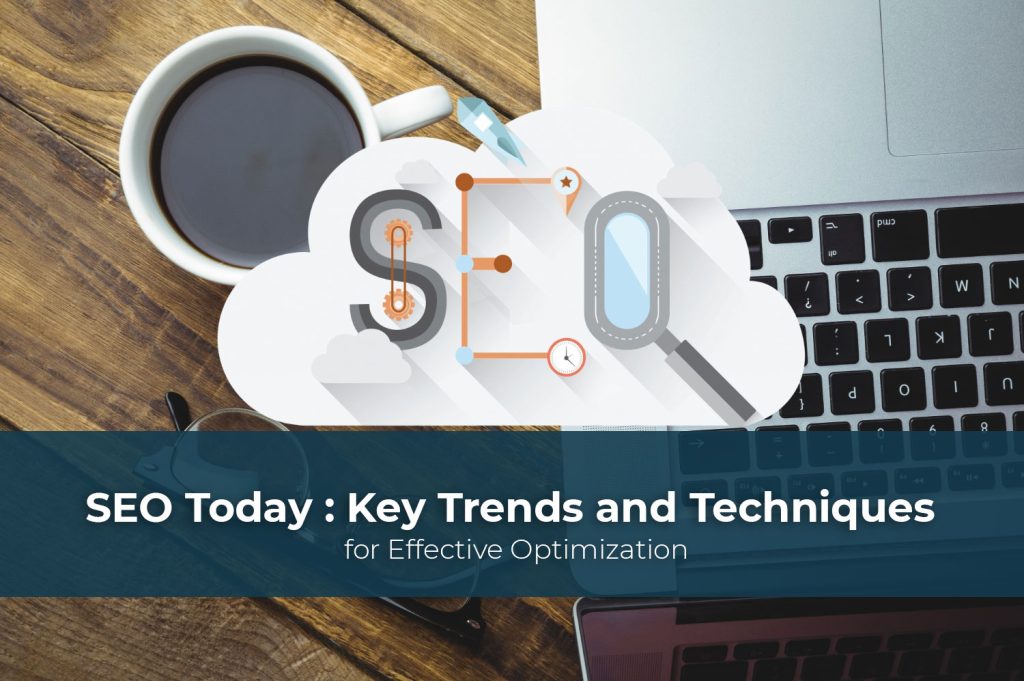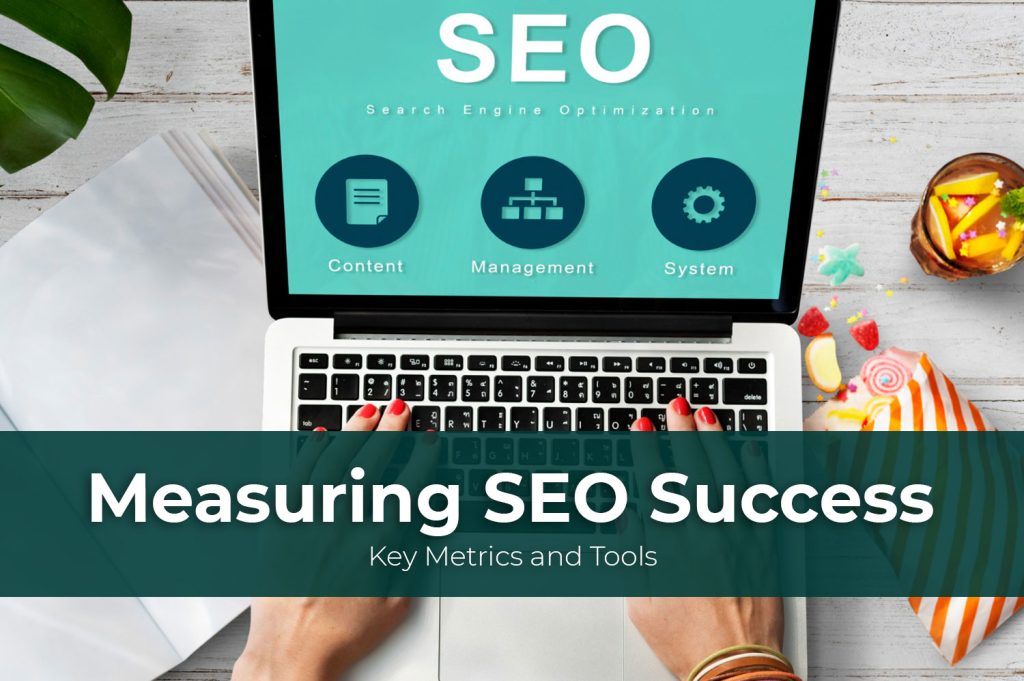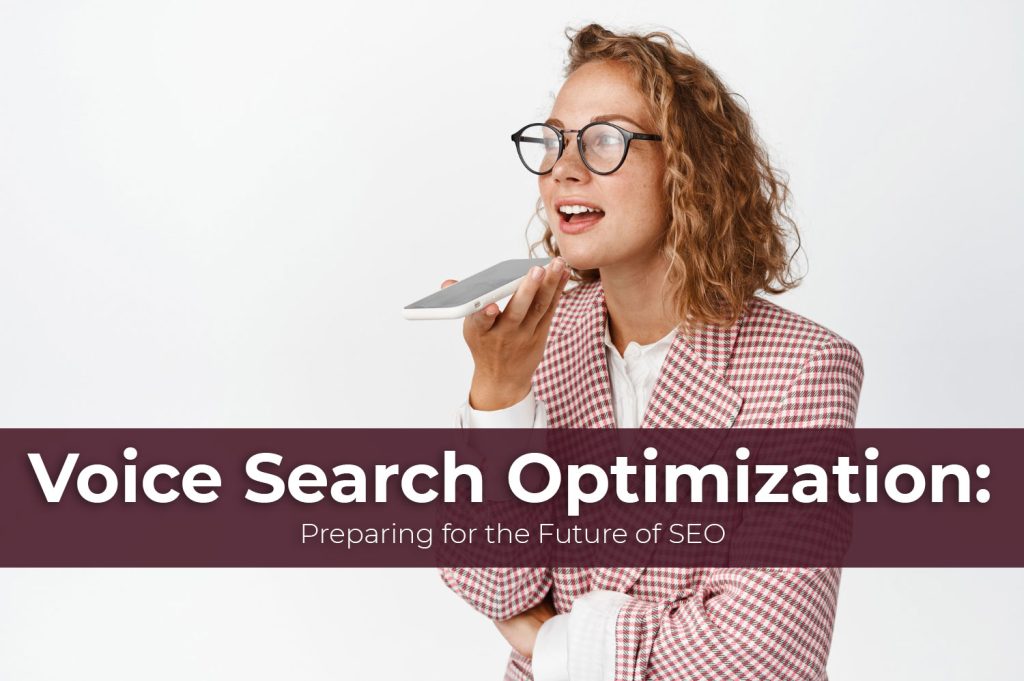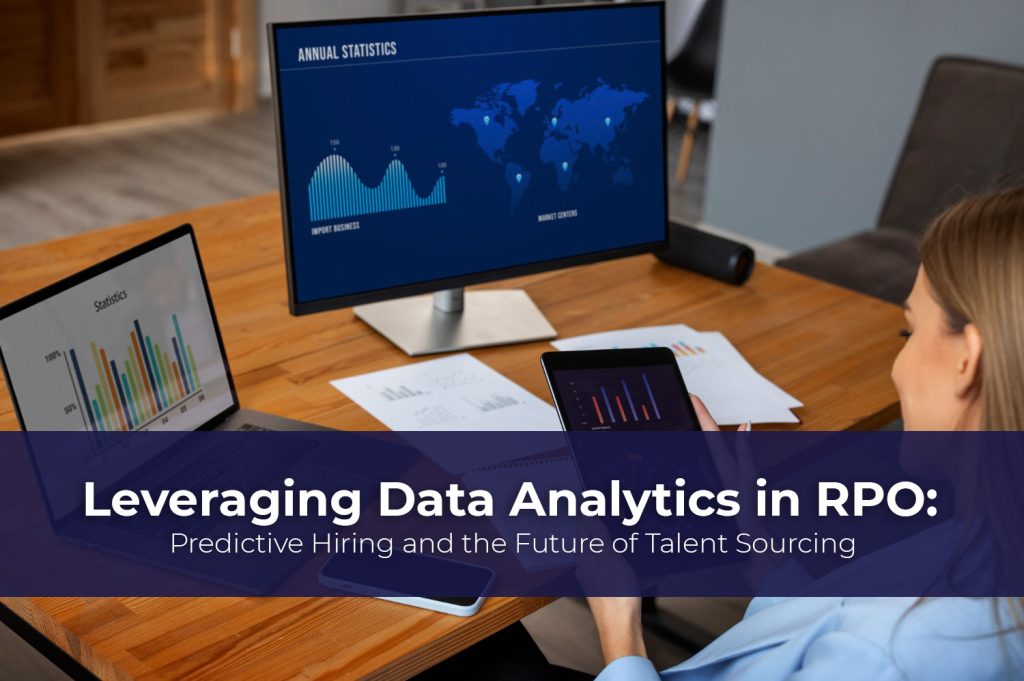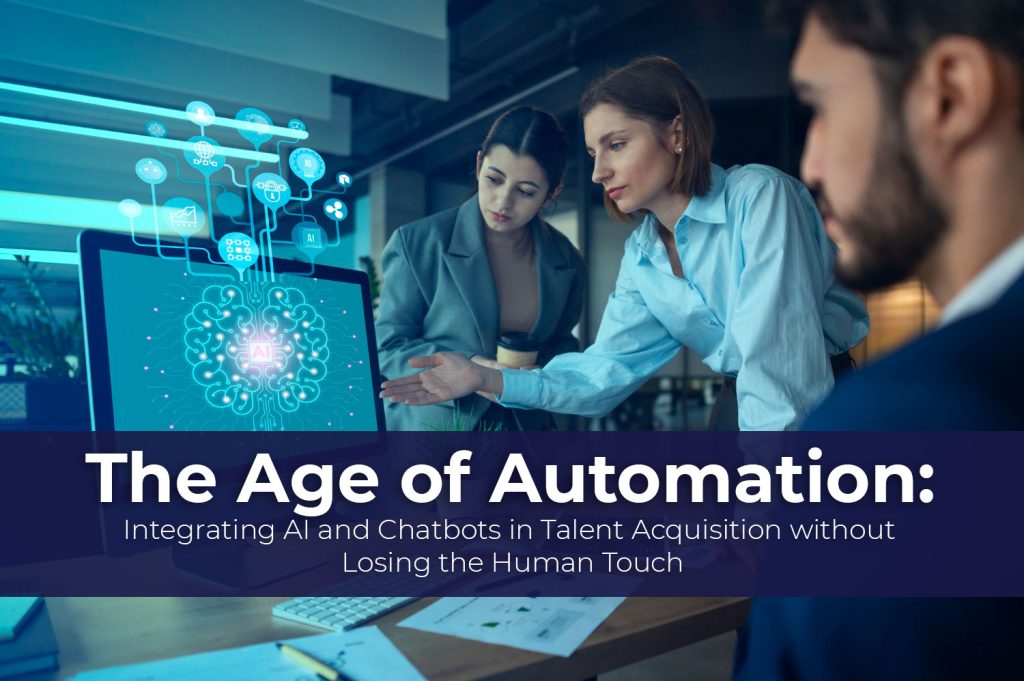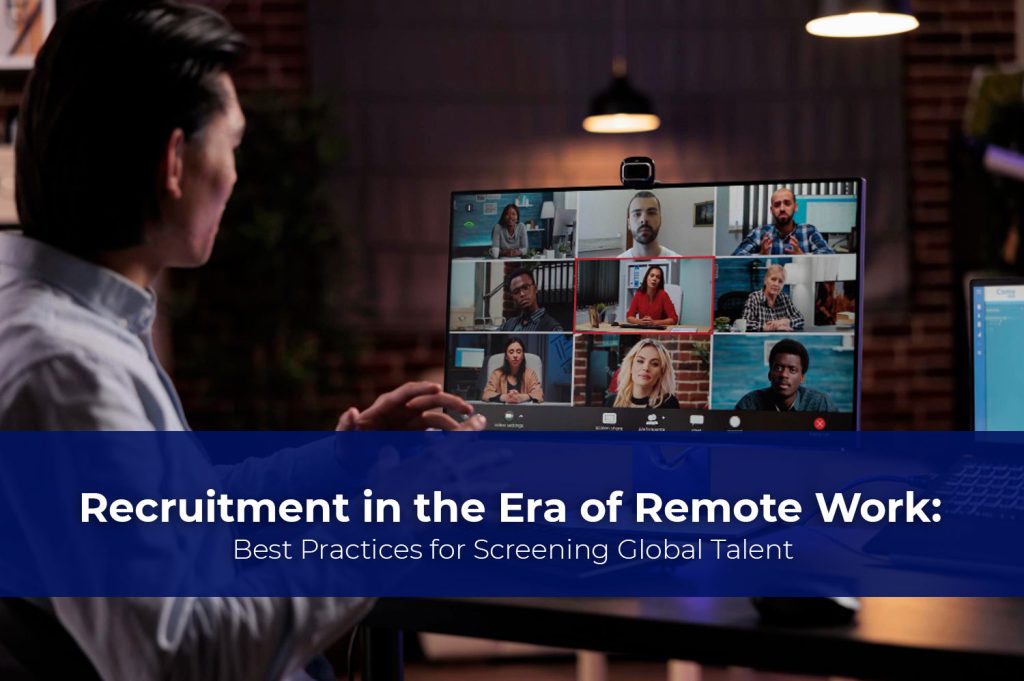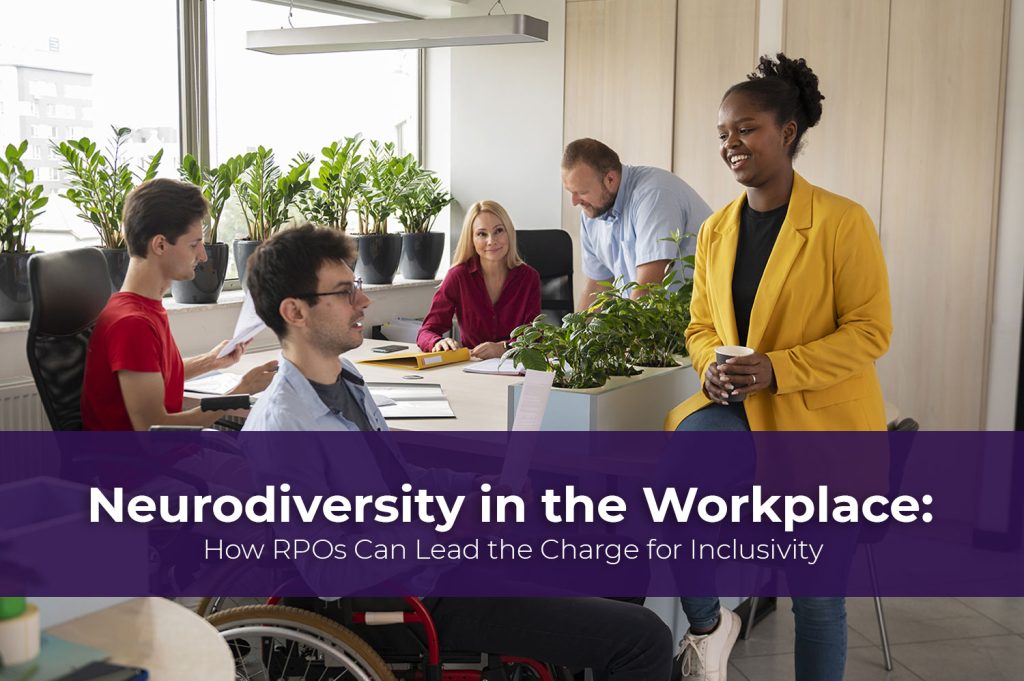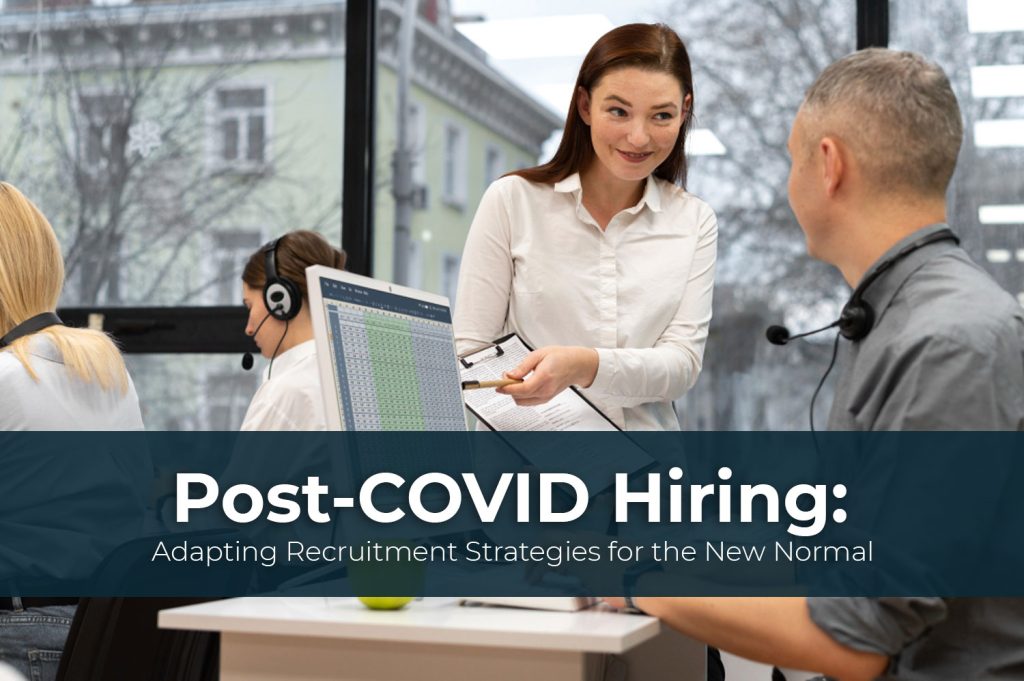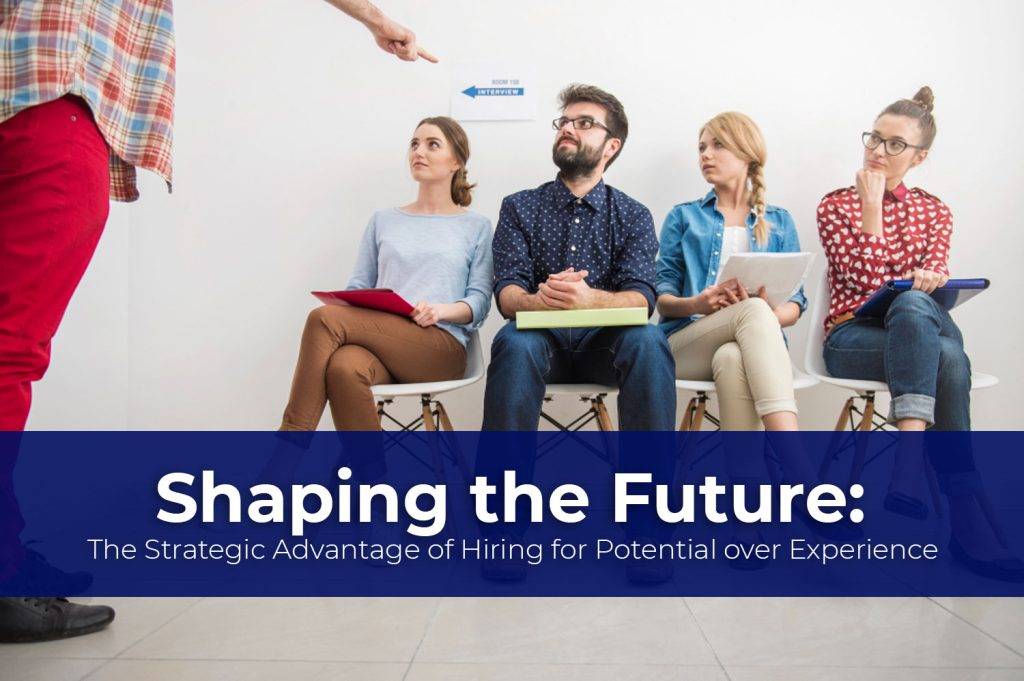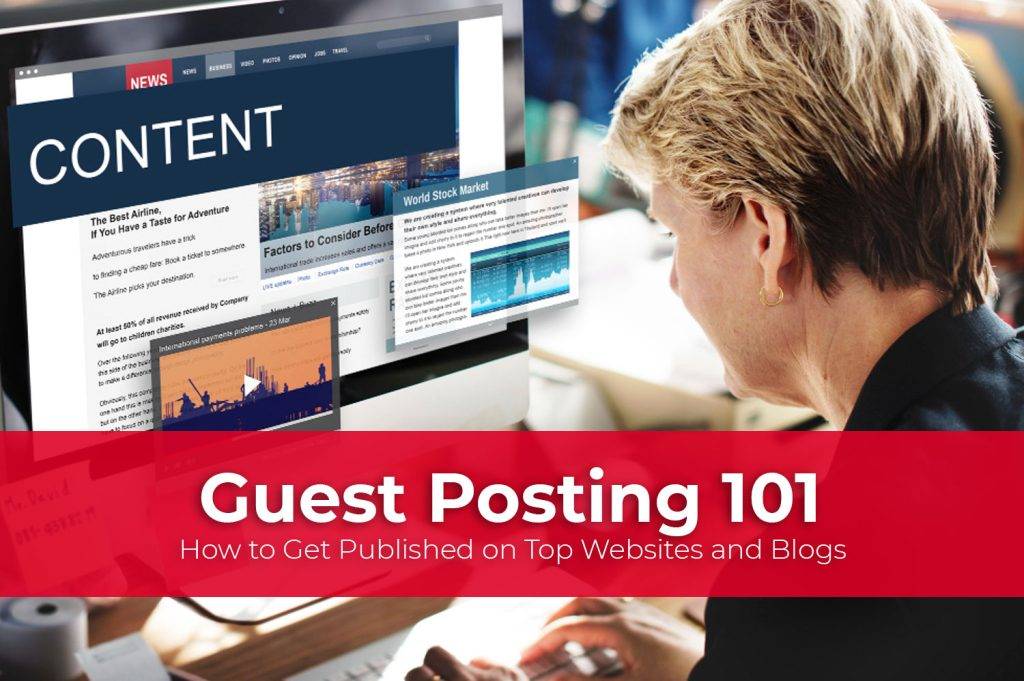
Table of Contents
ToggleIntroduction
The Current State of SEO
Before the AI revolution, SEO was primarily focused on keywords and meta tags, coupled with manual link-building strategies. However, with the advent of AI, Google’s search algorithms have evolved significantly. Google’s RankBrain and BERT algorithms, for instance, have transformed search results by emphasizing personalized, semantic, and context-aware searches. As a result, SEO professionals must now adapt their strategies to meet the demands of these intelligent algorithms.
For more insights into keyword strategies, check out our Ultimate Guide to Keyword Research.
How AI is Changing SEO Today
- Content Optimization: AI tools like Natural Language Processing (NLP) are enhancing content relevance by understanding the context of queries better. Predictive analysis helps marketers develop data-backed content strategies, while AI-powered tools like Jasper and ChatGPT are revolutionizing content creation.
- User Experience (UX) and Website Optimization: AI-driven user behavior analysis provides insights into improving user experience. Voice search optimization and Core Web Vitals improvements are becoming essential for websites looking to stay competitive.
- Keyword Research and Strategy: AI-powered tools can now conduct semantic keyword research, uncovering topic clusters and long-tail keyword opportunities that offer higher search visibility.
- Data Analytics and Insights: Machine learning algorithms analyze vast amounts of SEO data, providing actionable insights and trend forecasts that inform data-driven decision-making.
Explore more about leveraging AI in talent acquisition in our article AI in Talent Acquisition: What It Means for the Industry.
AI is revolutionizing local SEO by personalizing search results based on user location and behavior. Google's Local Pack and Maps rely heavily on AI algorithms.

Emerging Trends and Strategies in AI-Driven SEO
- Visual and Video Search Optimization: Image recognition technology is making visual search more intuitive. Marketers must optimize images and videos with AI-powered transcription and summarization tools to enhance visibility.
- Voice Search Optimization: Natural language queries are becoming more prevalent due to the rise of voice assistants. Structuring content to cater to voice search queries is now crucial.
- Personalization and Local SEO: Hyper-personalized search results and AI algorithms for local SEO optimization are helping businesses cater to niche audiences effectively.
- Automated SEO Tasks and Tools: Automated SEO platforms and AI-based content tools like Jasper and ChatGPT are simplifying SEO tasks while improving efficiency.
For more on how digital strategies can impact your industry, check out our article on Digital Marketing Strategy for Restaurants.
The Future of AI and SEO
- AI-driven Search Algorithms: Future search algorithms will offer even greater personalization, relevance, and contextual search, forcing marketers to stay adaptive.
- Predictive SEO and Trend Analysis: Predictive AI models will become increasingly important for shaping SEO strategies, enabling marketers to make dynamic content adjustments.
- Zero-click Searches and Featured Snippets: AI-enhanced Position Zero opportunities and winning featured snippets will become critical for driving organic traffic.
- Conversational and Multimodal Search: The integration of conversational AI models and multimodal search (text, image, voice) will create new challenges and opportunities for SEO professionals.

From improving content relevance to optimizing for voice search and predicting future trends, AI offers unprecedented opportunities to boost your SEO efforts.
Conclusion:
FAQ's
Several AI tools can enhance keyword research and analysis:
- Ahrefs and SEMrush: Provide comprehensive keyword data, including search volume and competition.
- SurferSEO: Analyzes top-ranking pages for keyword relevance.
- ChatGPT and Jasper: Help brainstorm related keywords and generate content around them.
AI is revolutionizing local SEO by personalizing search results based on user location and behavior. Google’s Local Pack and Maps rely heavily on AI algorithms. Marketers should:
- Optimize Google Business Profiles.
- Use localized keywords in content and metadata.
- Leverage customer reviews and structured data for better visibility.
Voice search optimization requires a different approach than traditional SEO:
- Natural Language Queries: Use conversational language that matches how people speak.
- Long-Tail Keywords: Focus on question-based phrases like “how,” “what,” and “where.”
- Featured Snippets: Structure content to answer common questions directly and concisely.
- Structured Data Markup: Implement schema.org to help AI understand your content.
AI-driven insights can significantly enhance user experience:
- Behavior Analysis: Tools like Hotjar and Crazy Egg provide heatmaps showing user interactions.
- Personalization: AI algorithms personalize recommendations, increasing engagement and conversions.
- Core Web Vitals Optimization: AI-based platforms analyze page load times and provide suggestions to improve speed and interactivity.






